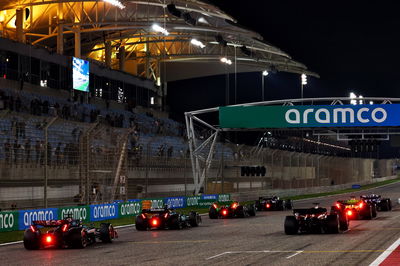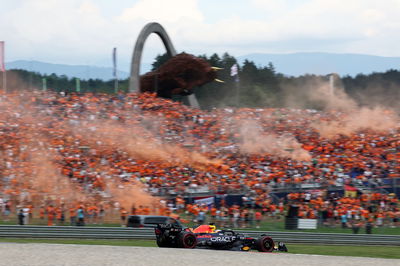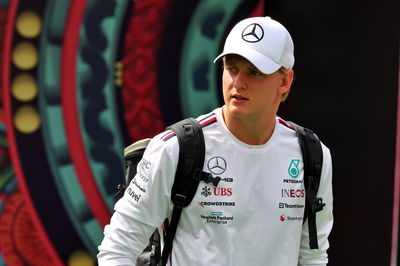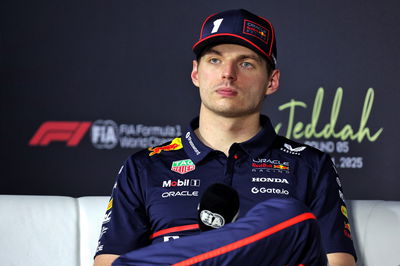Explained: The new rule changes for the 2024 F1 season
A look at all the new rules introduced for F1 2024.

With the new F1 season just days away, here’s a run down of the rule changes and tweaks that have been made for the year.
Right of Review
The window to lodge a ‘Right of Review’ has been tightened by F1’s governing body the FIA ahead of the new season.
Previously, teams had 14 days from the end of the competition to submit a review request. This has been reduced to just 96 hours (four days) for 2024, though the stewards do have leeway to allow for an extra day.
Teams will also have to pay an upfront deposit of €6,000 which they will only get back if they are successful. The fee will be forfeited if their case is not approved, unless the FIA judge otherwise.
A new sprint format
Free practice and sprint qualifying will now take place on Friday, with the 100km sprint race becoming the first on-track F1 action on Saturday. This will be followed by regular qualifying for Sunday’s grand prix.
It marks a change from the previous format that saw Saturday effectively become a dedicated sprint day, featuring both sprint qualifying and the sprint race.
China, Miami, Austria, Austin, Brazil and Qatar will host the six sprint races this year.
DRS tweak and engine rules
F1 has confirmed that DRS will now be activated at the end of the first lap, rather than at the end of the second lap. This will be the same when a race is restarted following a Safety Car period.
The engine allocation for each driver has also been increased to four power units per year. This is up from the previous allocation of three and covers both the 2024 and 2025 F1 seasons.

Larger potential fines
An update to the International Sporting Code means that higher fines can now be imposed by the stewards.
Previously, the cap was €250,000. This has been raised significantly to €1m for F1.
Needless to say, this news wasn’t welcomed by the drivers.
“If touching a rear wing is €50k, then I would like to know what €1 million is,” world champion Max Verstappen joked.
Increased CapEx limits
F1 teams have been handed a capital expenditure increase to help invest in the upgrade of their facilities and further level the playing field.
Red Bull, Mercedes and Ferrari have been given an extra $6m to invest, with McLaren, Aston Martin and Alpine receiving an additional $13m, and Williams, RB, Sauber and Haas getting $20m more.
The four least successful F1 outfits have received a net gain of $14m in spending compared to the big three teams.
Stricter roll hoop requirements
From this year roll hoops must be able to withstand a much stricter load test.
The push to increase roll hoop robustness came in response to Zhou Guanyu’s huge crash at the start of the 2022 British Grand Prix. Zhou’s roll hoop was destroyed in the initial impact when his car landed upside down.
Tightened rules on what fans can bring
The FIA has issued a total clamp down on the unauthorised use of pyrotechnics such as flares and fireworks at events.
The use of flares by spectators had become an increasing sight at races such as Austria and Zandvoort in recent years.













